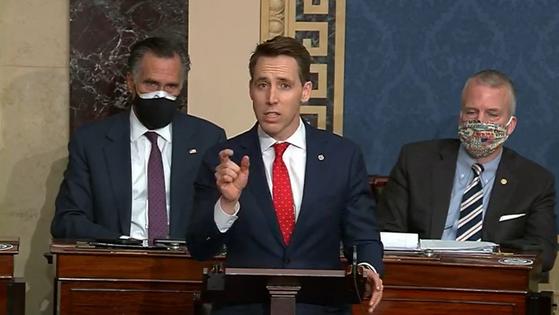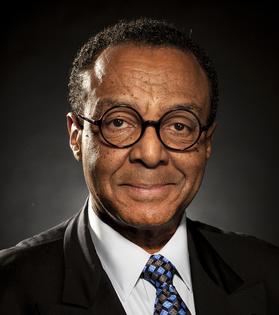Twitter’s action against Trump opens a can of First Amendment worms
Ironies abound in the debate over free speech, now that Twitter has taken away President Donald Trump’s favorite bullhorn.
“We are living Orwell’s 1984,” his son Donald Trump Jr. tweeted in his dad’s defense on his own Twitter account. “Free-speech no longer exists in America.”
Oh, it’s not that bad. Junior’s Twitter remained alive and well, even as his dad’s accounts were banned or suspended from a half-dozen other major platforms.
Yet I couldn’t help but contrast the Trump camp’s indignation over his deplatforming with their outrage two years ago after an appeals court ruled that he could not block users from his Twitter account.
The unanimous decision by a three-judge panel of the United States Court of Appeals for the 2nd Circuit ruled that “overwhelming” evidence of the official nature of the account made it a public forum like a soapbox speech in a town square.
Therefore, “once the president has chosen a platform and opened up its interactive space to millions of users and participants,” Judge Barrington Parker wrote for the court, “he may not selectively exclude those whose views he disagrees with.”
In other words, the First Amendment protects our rights as individuals from being muzzled unfairly by government, not the other way around. Now, ironically, he finds himself on the outside of the Twitterverse, wishing to get back in.
Unlike the rest of us, the president cannot exclude some Americans from reading his posts — and engaging in conversations in the replies to them — because he does not like their views, the court ruled. Press freedom and Twitter content freedom work both ways, protecting government officials but also access to them by those whom they govern.
Yet, as much as Trump has clutched his Twitter as affectionately as a big bucket of KFC chicken, he can hardly claim to have been silenced. The master of publicity needs only to pick up his phone, as he often has, and call a news conference or cut into a live Fox News broadcast, among other media.
He’s already considering starting his own social media platform, according to reports. That, too, would be his right. But I also wonder how that might affect his recently espoused opposition to Section 230 of the Communications Decency Act, which with certain exception protects the Big Tech companies from lawsuits for publishing content that a third-party source provides.
...continued
(c) 2021 CLARENCE PAGE DISTRIBUTED BY TRIBUNE MEDIA SERVICES, INC.










